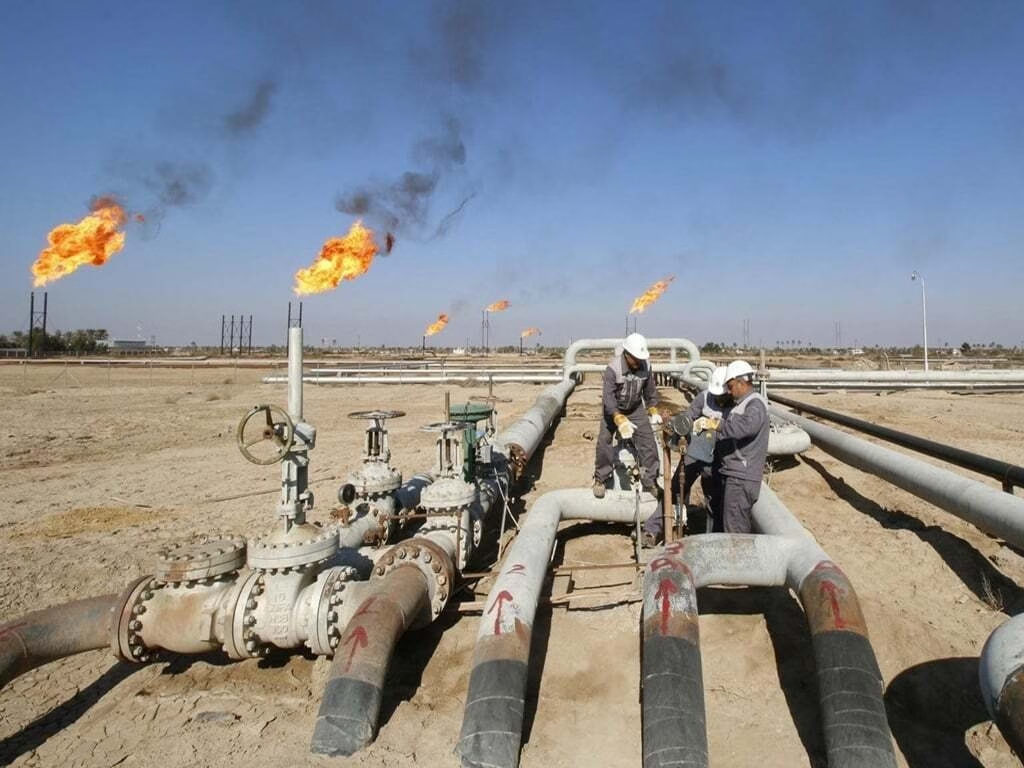Oil prices fell in early Asian trade on Thursday after Israel and Hamas agreed to the first phase of a Gaza ceasefire plan, easing fears of a broader regional conflict and prompting investors to unwind the recent “war risk” premium.
Brent crude futures dropped 51 cents, or 0.77%, to $65.74 per barrel at 0002 GMT, while U.S. West Texas Intermediate (WTI) crude fell 55 cents, or 0.88%, to $62.00 per barrel.
The decline followed the announcement that U.S. President Donald Trump had brokered a ceasefire and hostage release deal between Israel and Hamas, marking a potential end to the two-year war in Gaza. Israeli Prime Minister Benjamin Netanyahu confirmed that his government would meet Thursday to approve the agreement.
Market Reaction
The war in Gaza had previously buoyed oil prices as traders factored in the possibility of supply disruptions across the Middle East. The new ceasefire agreement has now tempered those concerns, prompting a sell-off in crude futures.
“Geopolitical risk has been one of the main drivers of oil’s war premium. With a concrete peace framework emerging, markets are adjusting to a lower risk environment,” analysts said.
Other Market Factors
On Wednesday, oil prices had gained around 1%, hitting a one-week high, as investors reacted to stalled progress in the Ukraine peace negotiations — a factor seen as maintaining Western sanctions on Russia and constraining its oil exports.
Meanwhile, new data from the U.S. Energy Information Administration (EIA) showed that total weekly U.S. petroleum products supplied — a key gauge of fuel demand — rose to 21.99 million barrels per day, the highest level since December 2022. The rise signaled robust U.S. consumption, offering some support to the market despite the geopolitical de-escalation.
Outlook
With the Middle East risk premium fading and global supply-demand fundamentals steady, analysts expect short-term oil price movements to hinge on U.S. economic data, OPEC+ output decisions, and progress on the Gaza ceasefire implementation.
Brent and WTI could face additional downward pressure if the ceasefire holds and humanitarian aid flows resume smoothly in Gaza — reinforcing investor confidence in regional stability.



